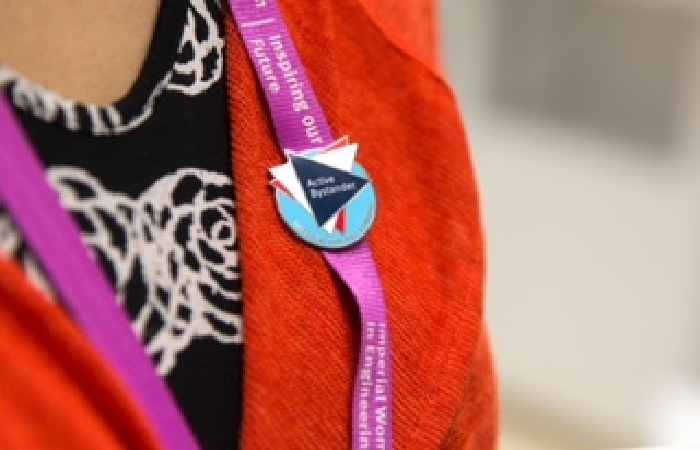
A training programme is helping Imperial College London employees address issues around bullying, harassment and discrimination, as well as promoting diversity and inclusion.
The university scooped the Organisational Development and Culture Change Award at the 2018 Universities Human Resources (UHR) Awards for Excellence in HR in May, recognising the impressive work being done via its Active Bystander Training.
Developed alongside communications consultant and author Scott Solder, the training grew out of an institutional culture and gender review, as well as staff surveys.
The hour-long interactive sessions see up to 25 staff at a time learn how to act when experiencing or witnessing bullying, harassment or discrimination.
Since the training was introduced in July 2017, some 2,000 members of Imperial College’s 8,000-strong workforce have taken part.
“Knowing that everybody is getting the same messages contributes greatly to changes in behaviour,” explains Solder. “It also creates a shorthand, a parlance, so it’s immediately easier to report something or take action.”
The first half hour of training covers decision-making processes for stressful situations. In the second half, Solder introduces real-life scenarios, and the group discusses methods of dealing with them, as well as assertiveness techniques and the psychology of influence.
At the end, everyone is given a booklet outlining the techniques discussed and notes about confidence-building techniques, drawn from sports psychology, and about intonation and the use of voice.
“People walk out much more confident, and it’s only an hour of their time, so that’s extremely positive,” notes Solder.
Su Nandy, senior HR manager at Imperial College London, says: “The stories coming out demonstrate how [employees] are using the toolkit, not only in the workplace but in their social lives and at home. That means things are being embedded, so there is an actual shift in behaviour, which is quite difficult to do.”
“It’s really powerful because sometimes it’s really self-reflective,” adds Nandy. “People can change in the session if they are actually the ones who behave [in a negative] way. I just think it can make a huge difference to people’s lives, and the impact across the whole of our community could be huge.”
News of the training was initially circulated verbally. “This really then exploded, because people heard about it and told others,” Nandy explains. “It happened from the bottom up with a bit of a revolution, and now it’s embedded in our college veins.”
In addition to word of mouth communication, attendees are given wristbands and badges to put on their lanyards. “It’s branding and a talking piece, and that has helped to make this explode into something quite phenomenal,” says Nandy.
The programme is currently being rolled out to students, as well as staff, and work is underway on an app so that those who have attended can communicate if and when incidents arise.